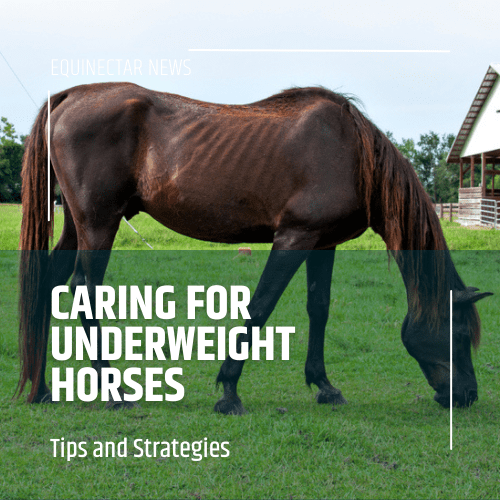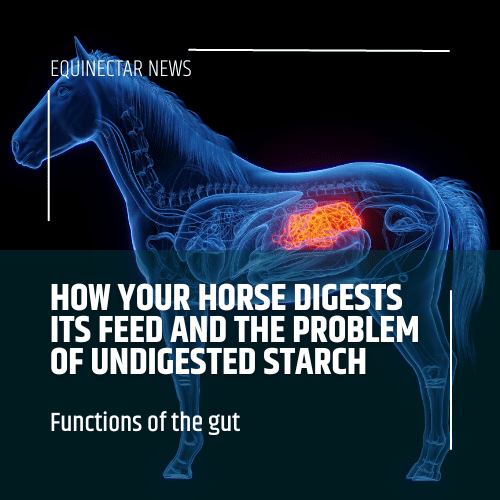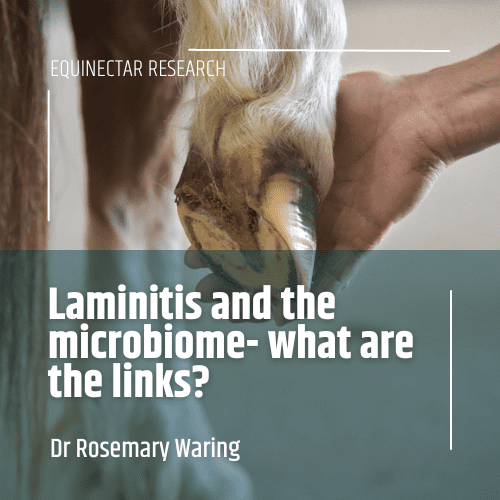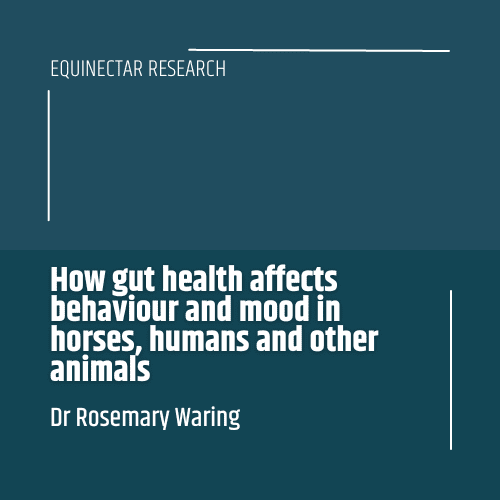Caring for Underweight Horses: Tips and Strategies
Caring for Underweight Horses: Tips and Strategies Caring for underweight horses can be difficult because the horse needs a combination of dietary and management strategies to gain weight and stay healthy. A horse may be underweight for many reasons, such as not getting enough calories, being stressed or in pain, or having a disease. In […]
Caring for Underweight Horses: Tips and Strategies Read More »





